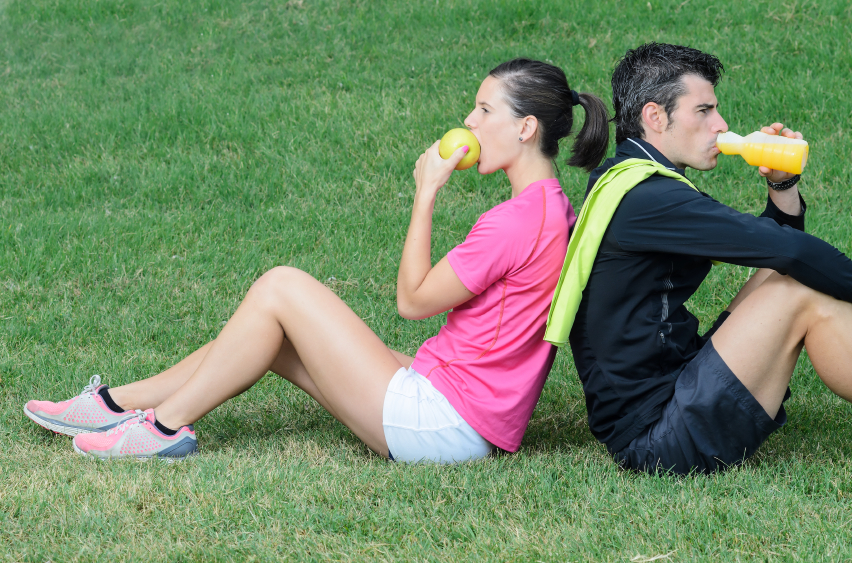
Athletes take many different approaches to sports nutrition
With new studies, claims, and counterclaims being made all the time, people often have differing beliefs over what the best approach is to diet. Sports nutrition, in particular, is in a state of constant change, as nutritionists, trainers, and athletes constantly modify diet plans in a bid to gain an advantage over the competition.
Unfortunately, this has resulted in a lot of misinformation over the years. Athletes have come to believe that certain things are helping them when they have no effect at all—or worse, are actually hurting their chances of success. For students pursuing sports nutritionist certificates, separating myth from fact will be crucial in providing the best service to future clients.
Which commonly accepted sports nutrition truths are actually fiction? Read on to find out which myths you’ll dispel once you’ve completed your sports nutrition certificate.
Myth #1: Students Pursuing their Nutritionist Certificate Know Sugar Isn’t Always Bad
While too much sugar is never advisable, studies have shown that sugar consumption before and during exercise can actually be very beneficial for athletes. Sugar is one of the body’s most important energy sources, and most nutritionists recommend a controlled mixture of simple sugars during intense endurance exercise. These are converted to glucose in the bloodstream, enhancing performance and helping the body stay hydrated longer.
Myth #2: Grads with a Nutritionist Certificate know there are No One-Size-Fits-All Diet Plans
New fad diets are often accompanied by advocates making bold claims about their benefits, and even arguing that no other approach is acceptable. However, students in nutritionist certificate programs soon learn that there is no one-size-fits-all solution. Each person is different, and factors like body chemistry, age, and metabolism all need to be considered.

The optimal diet for an athlete will vary depending on the type of exercise they perform
The optimal macronutrient ratio for each client will also vary depending on what type of exercise they do. For instance, athletes participating in endurance sports will require a higher intake of carbohydrates, while those doing more strength-based training may opt for a high-protein diet.
Myth #3: Nutritionist Training Teaches Students That Carbo-Loading Is Unnecessary
As you complete your sports nutrition certificate, you might learn about the practice of drastically increasing carbohydrate intake in the lead-up to an event, or ‘carbo-loading.’ This practice has been popular among endurance athletes for many years. However, while it does no specific harm, it is often not necessary, with studies showing that it has no effect on energy levels in events that last less than ninety minutes. While glycogen reserves can become depleted during longer events, a regular amount of carbohydrates is usually sufficient.
Myth #4: Grads with a Nutritionist Certificate Know Athletes Don’t Need 100% Hydration
Many athletes become overly focused on staying hydrated during events, believing than any dehydration will result in a drop in performance levels. In truth, some amount of dehydration during high intensity exercise is normal, and performance is only affected when more than 2% of body weight is lost as fluid. Since it is actually not possible to absorb fluid as quickly as the body loses it through sweat, athletes are better off simply drinking when they feel thirsty.

Athletes only need to drink when they feel thirsty
Looking for nutritionist training in Ontario?
Contact AAPS to find out more about the wide range of course options we offer!



